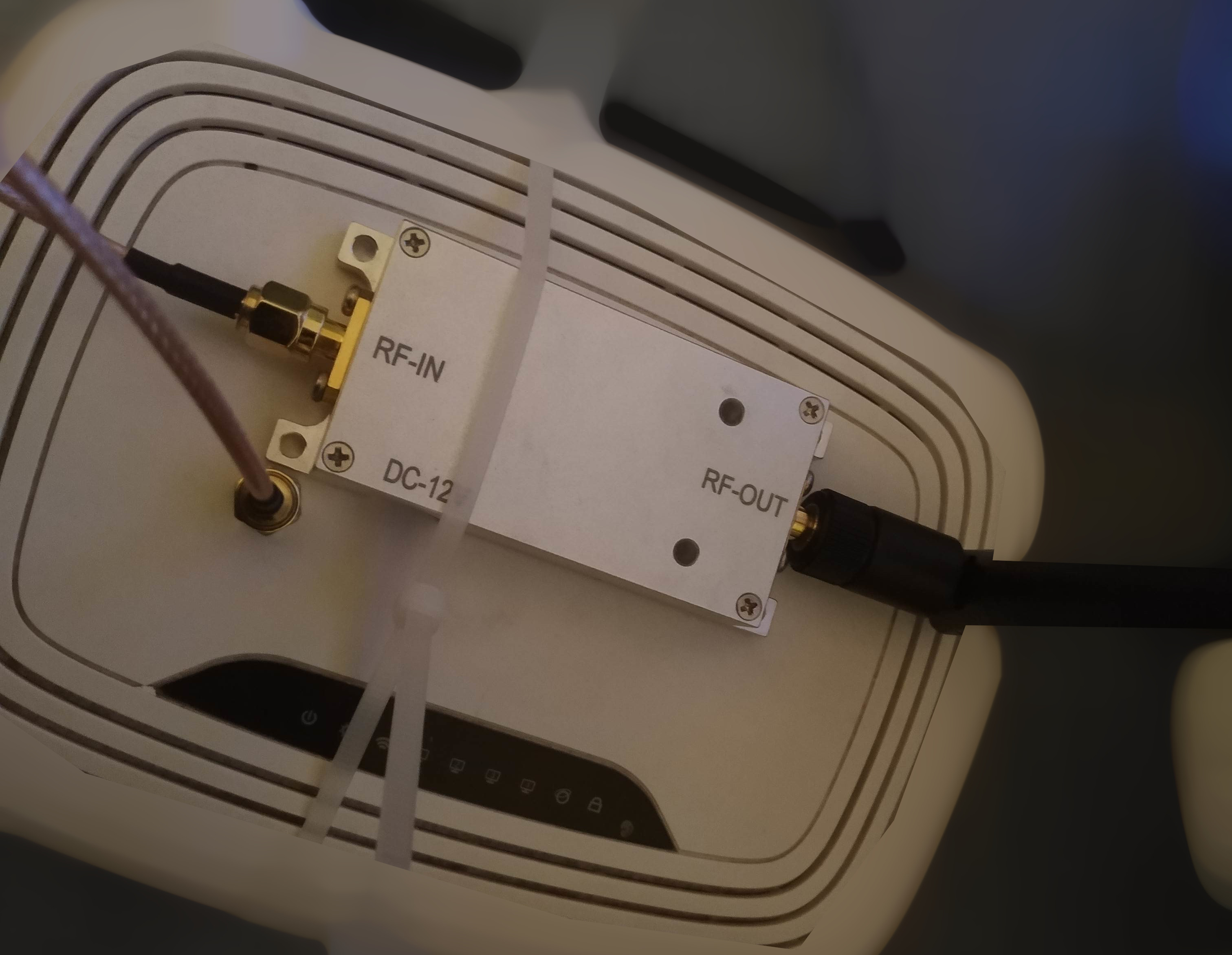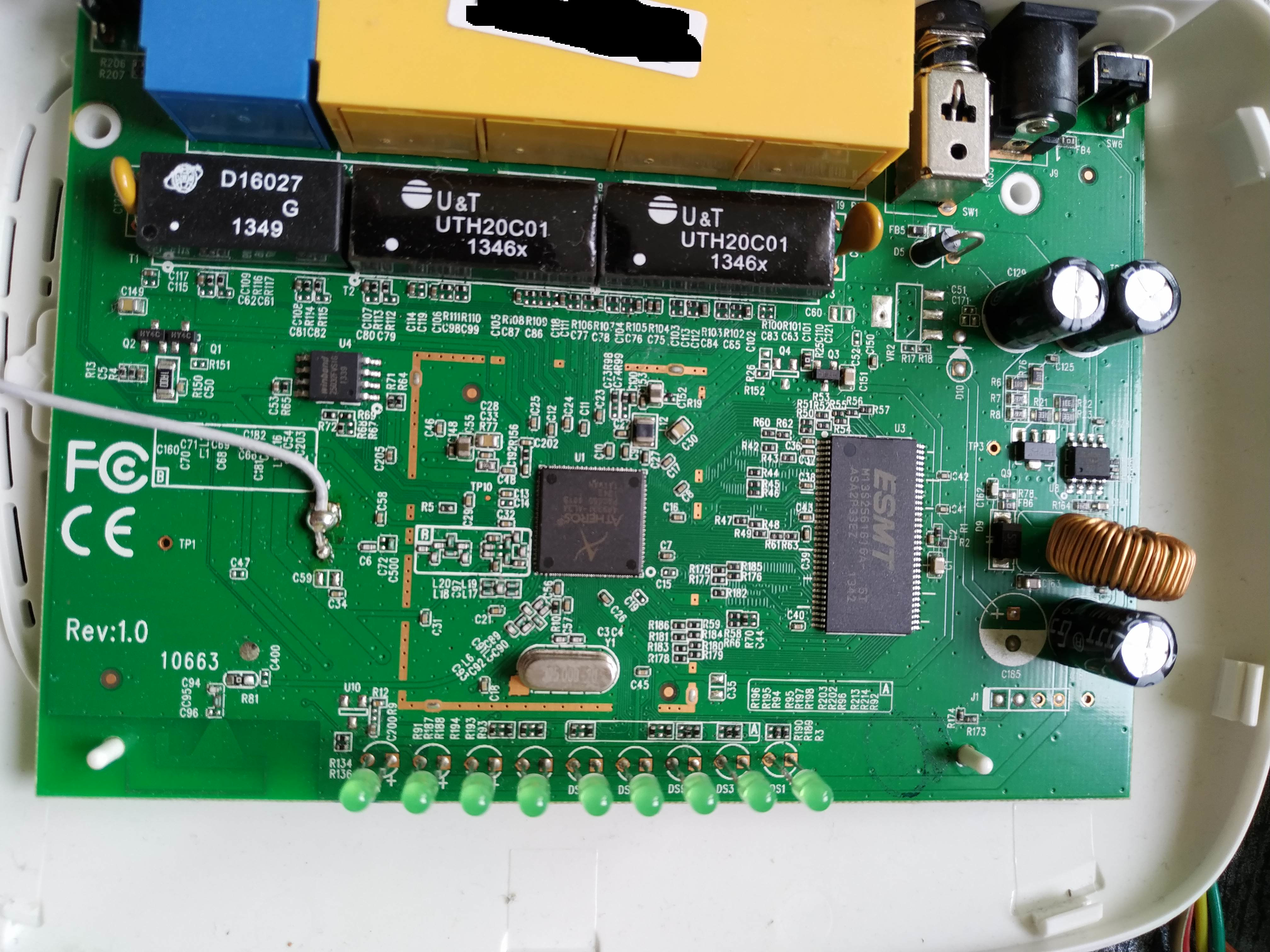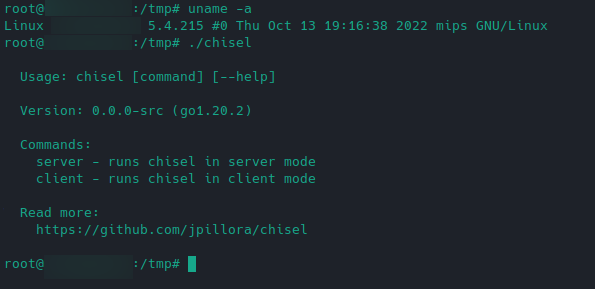What is Chisel?
Chisel is a lightweight tool that allows to tunnel TCP/UDP traffic over HTTP/Websocket protocol. It was described, along with it’s use case in another post.
Cross-compilation? Why?
My main use-case of Chisel is to allow my OpenWRT based routers to connect to my network infrastructure, even when router is behind the strict firewall that blocks 51820/UDP port, or performs Wireguard protocol detection, and blocks it. Vast majority of OpenWRT devices are using non-x86 architecture, in my case it was MIPS. That means, that every software - including Chisel - should be compiled for target architecture. Performing compilation for specific architecture on different one(for example x86_64) is called cross-compilation.


Cross-compilation of Golang software
Compiling for MIPS is simple, we have to define three Envrionmental variables prior to compilation command(run inside root directory of source code).
|
|
Compiled file size is 12.5MB, it’s a lot for embedded device, which has 4 to 8 MB of flash memory. Let’s try to optimize it.
Optimization
Adding -s -w flags allowed to decrease binary size to 8.9MB, still a lot!
|
|
Compression
Binary package can also be compressed by upx.
|
|

